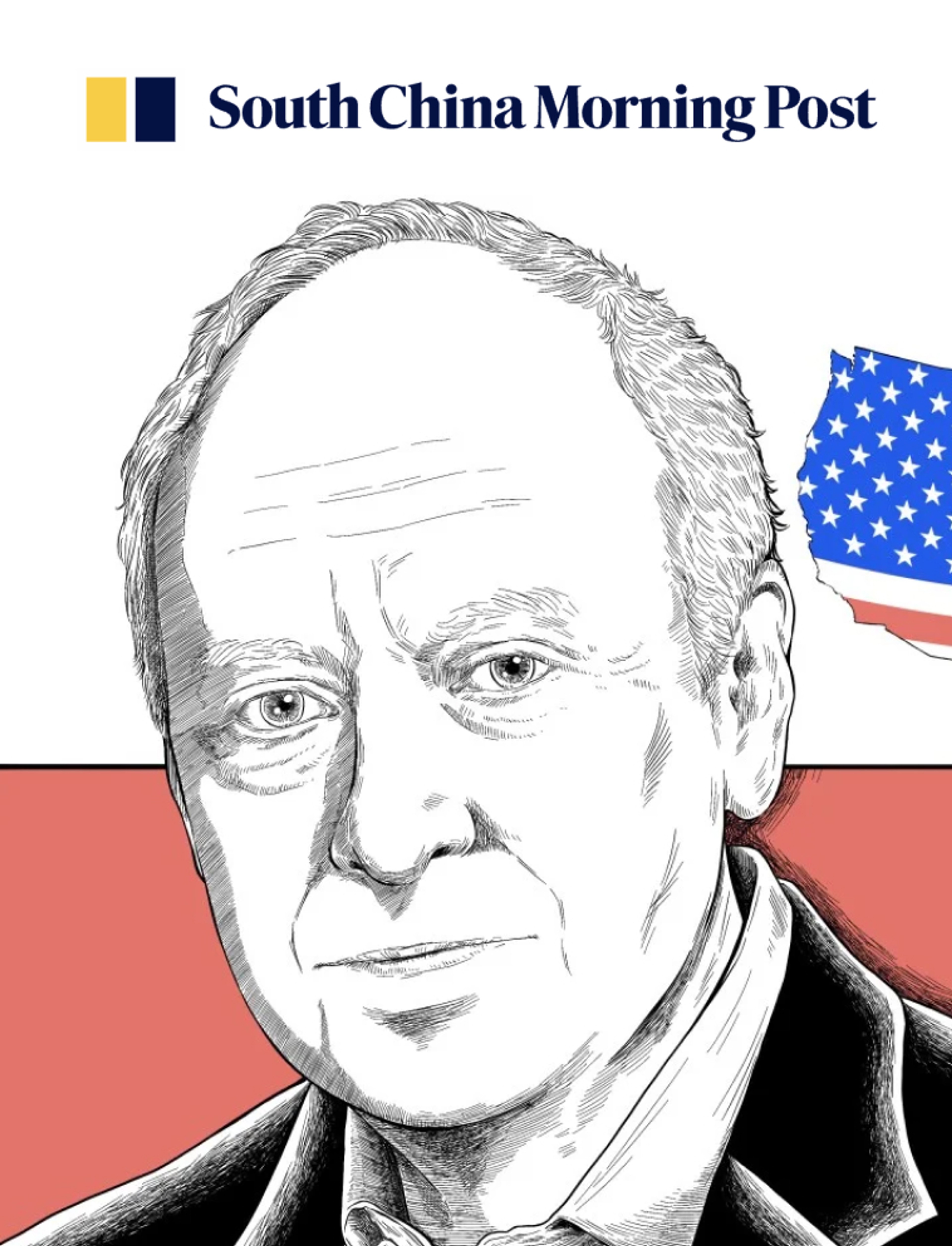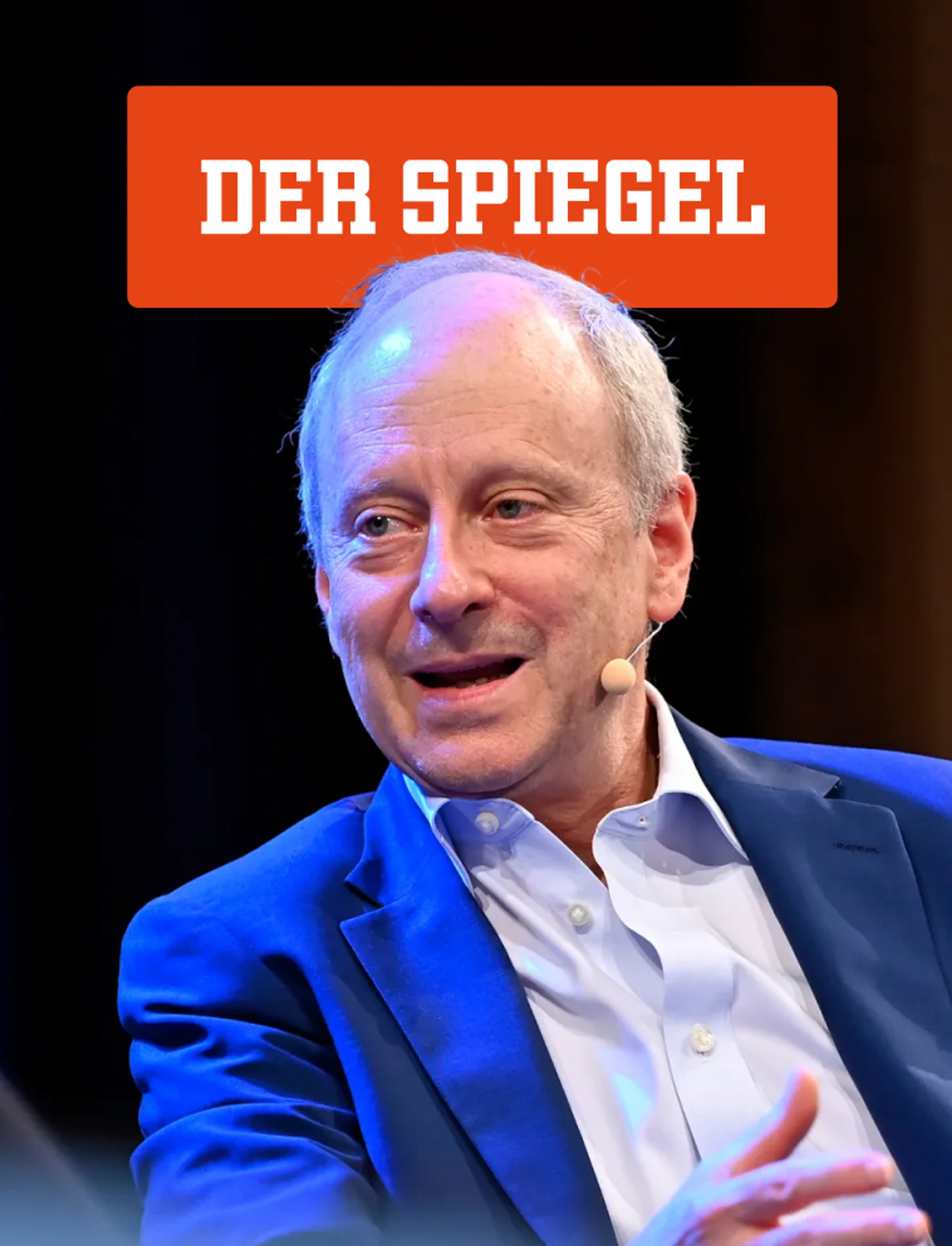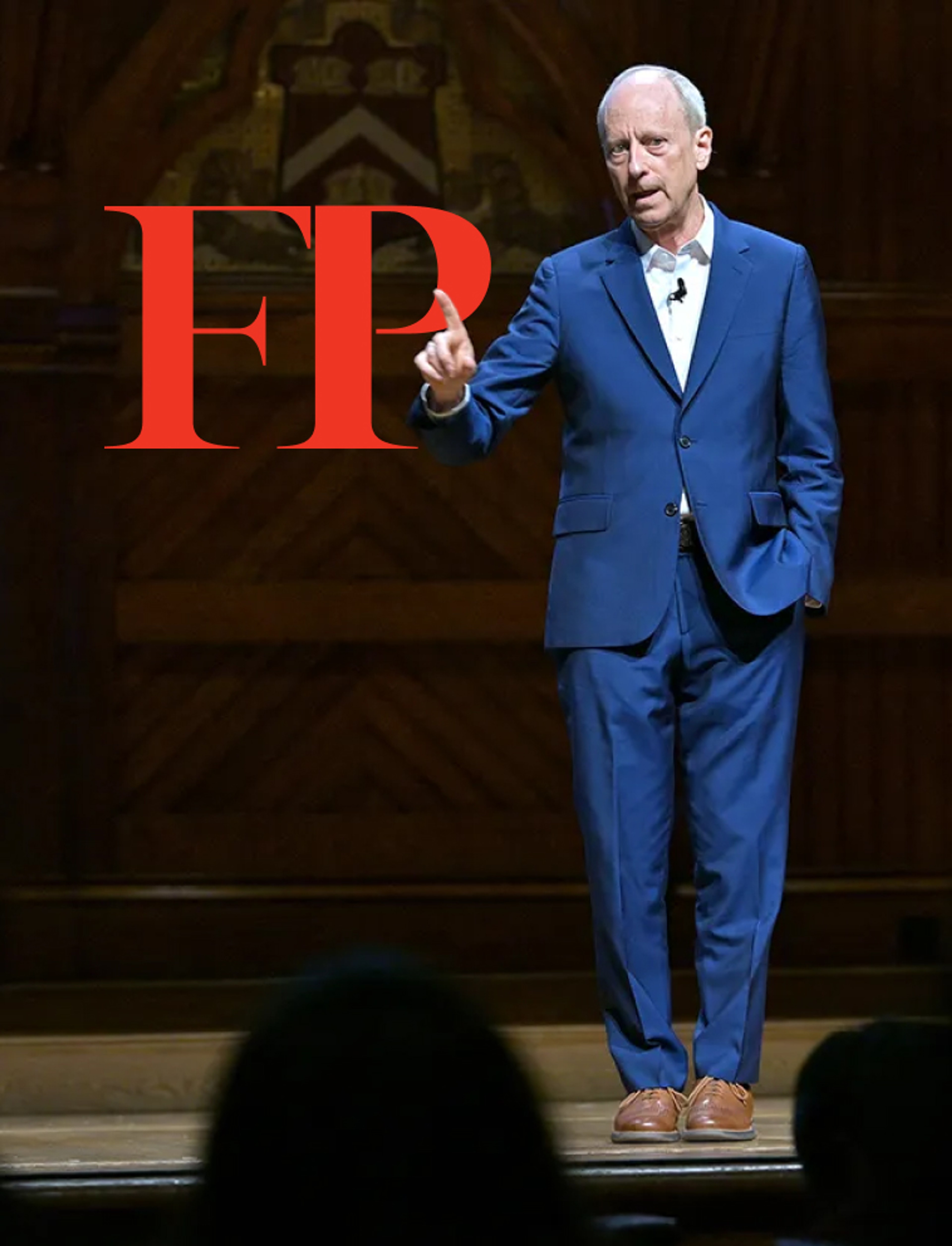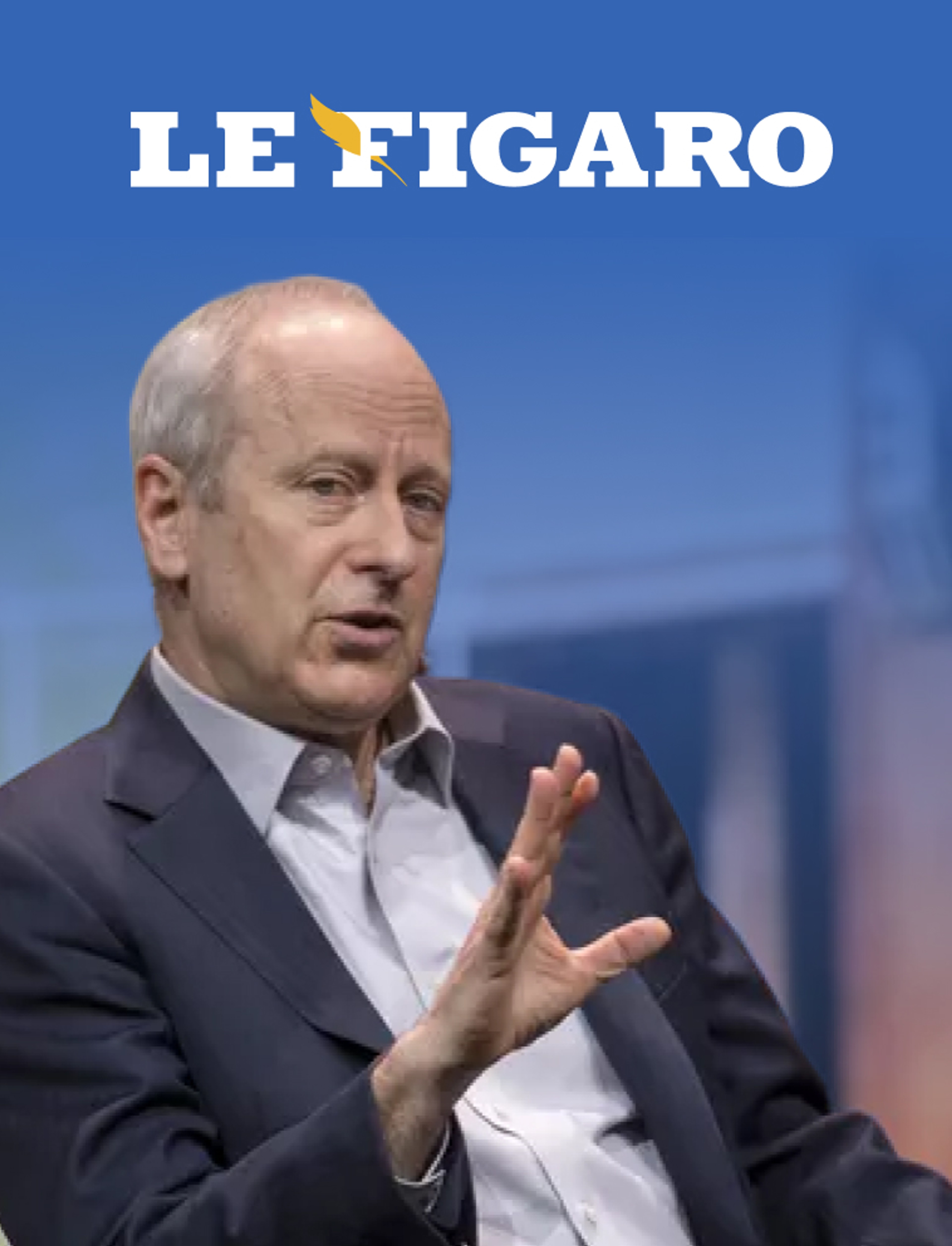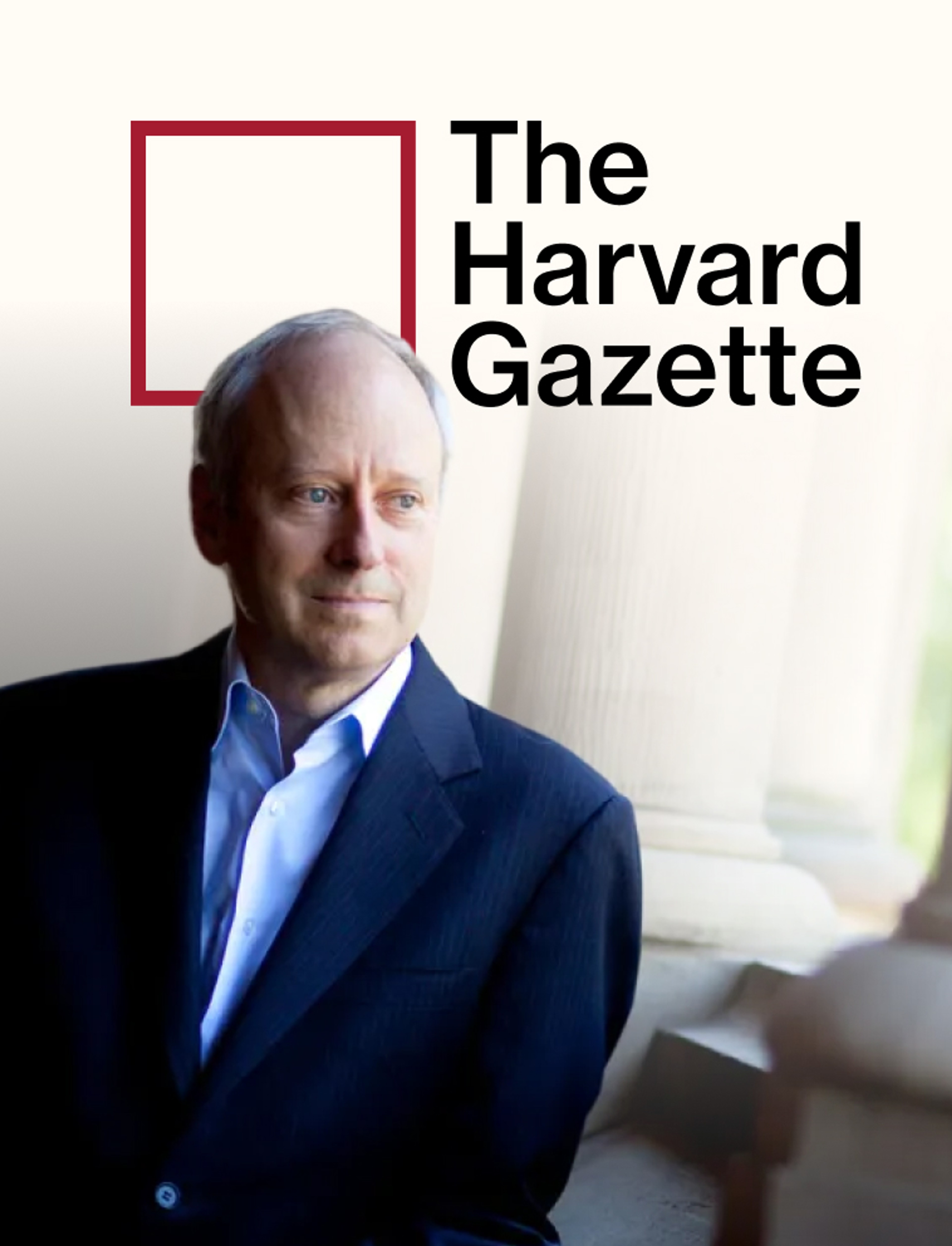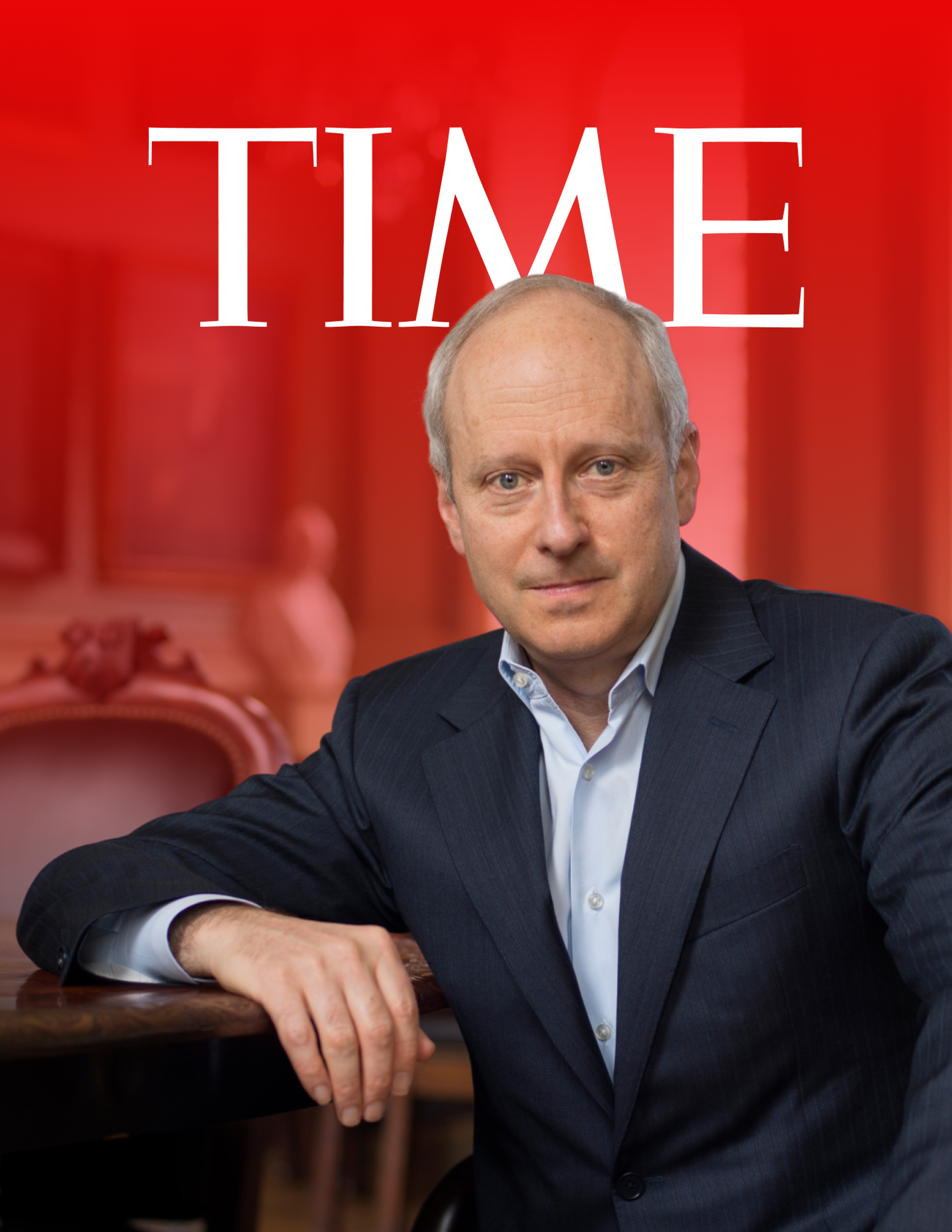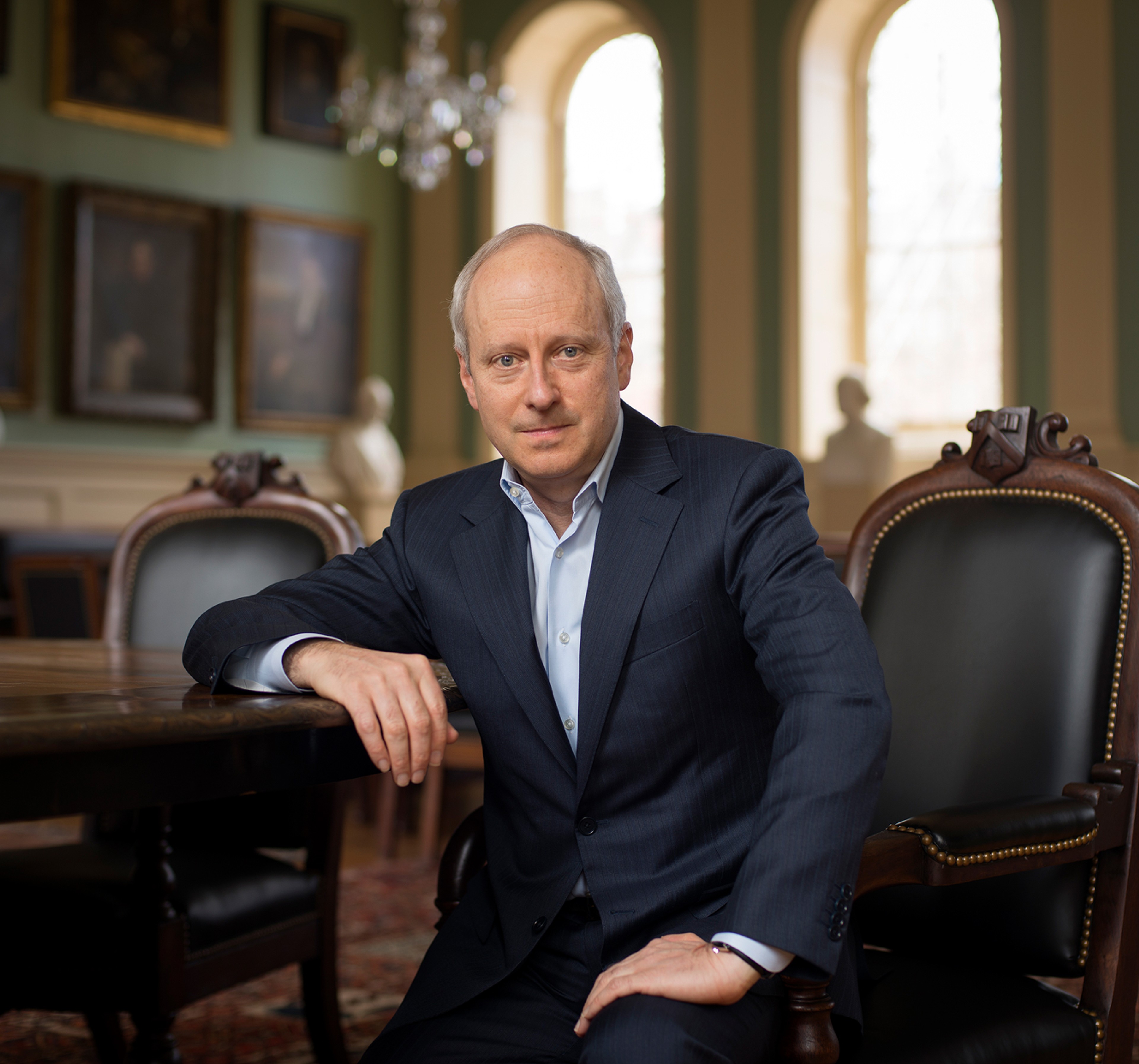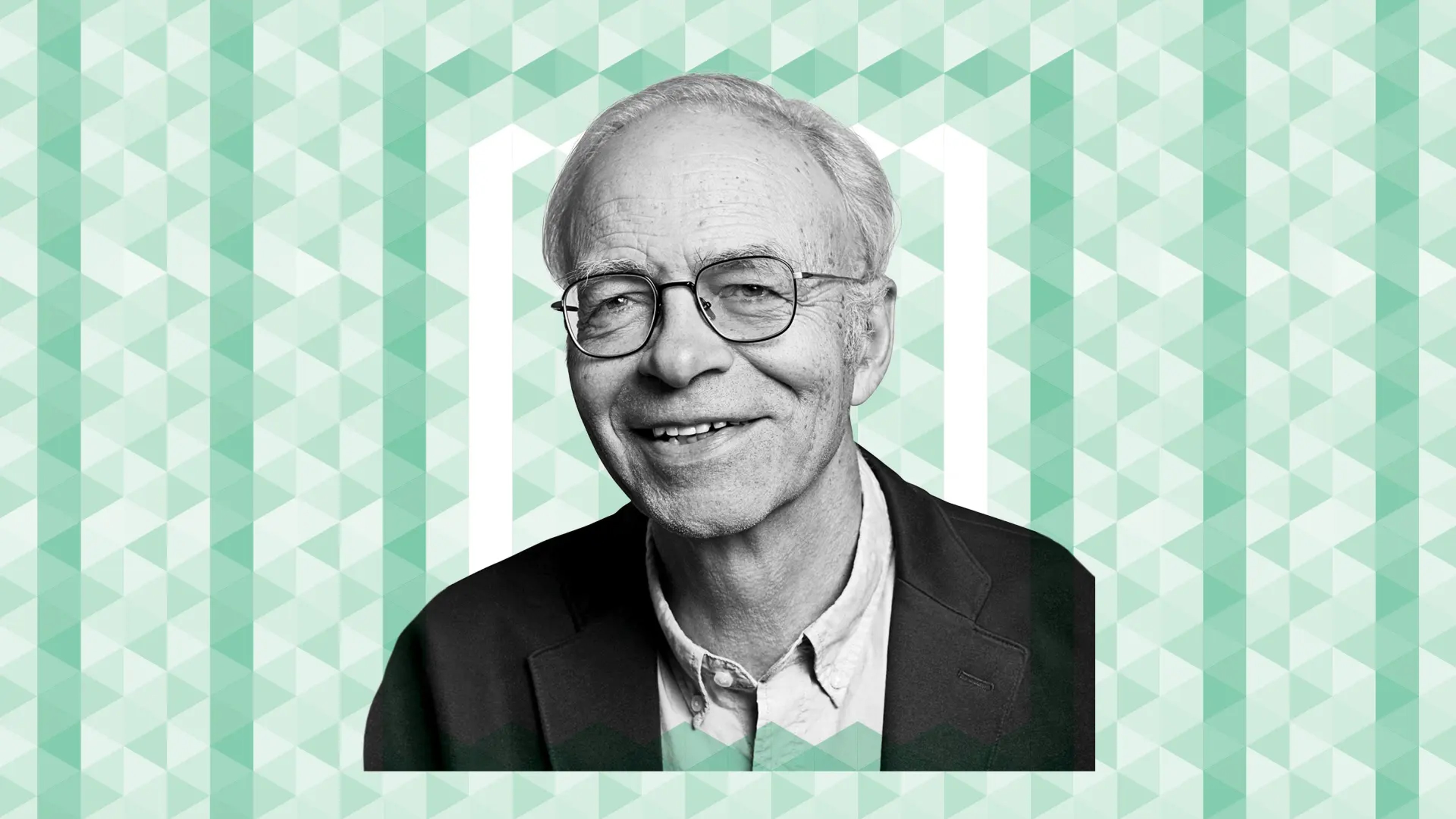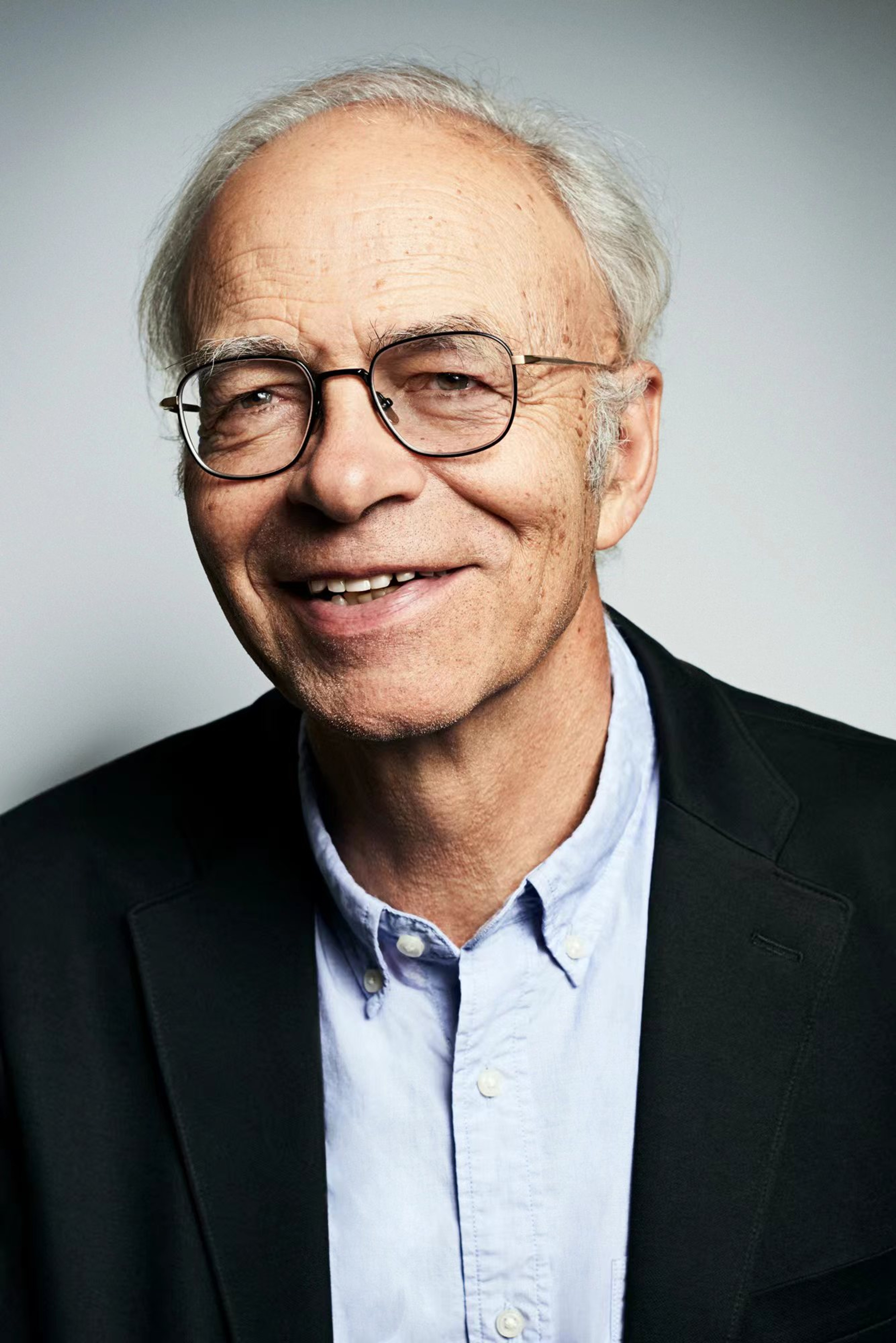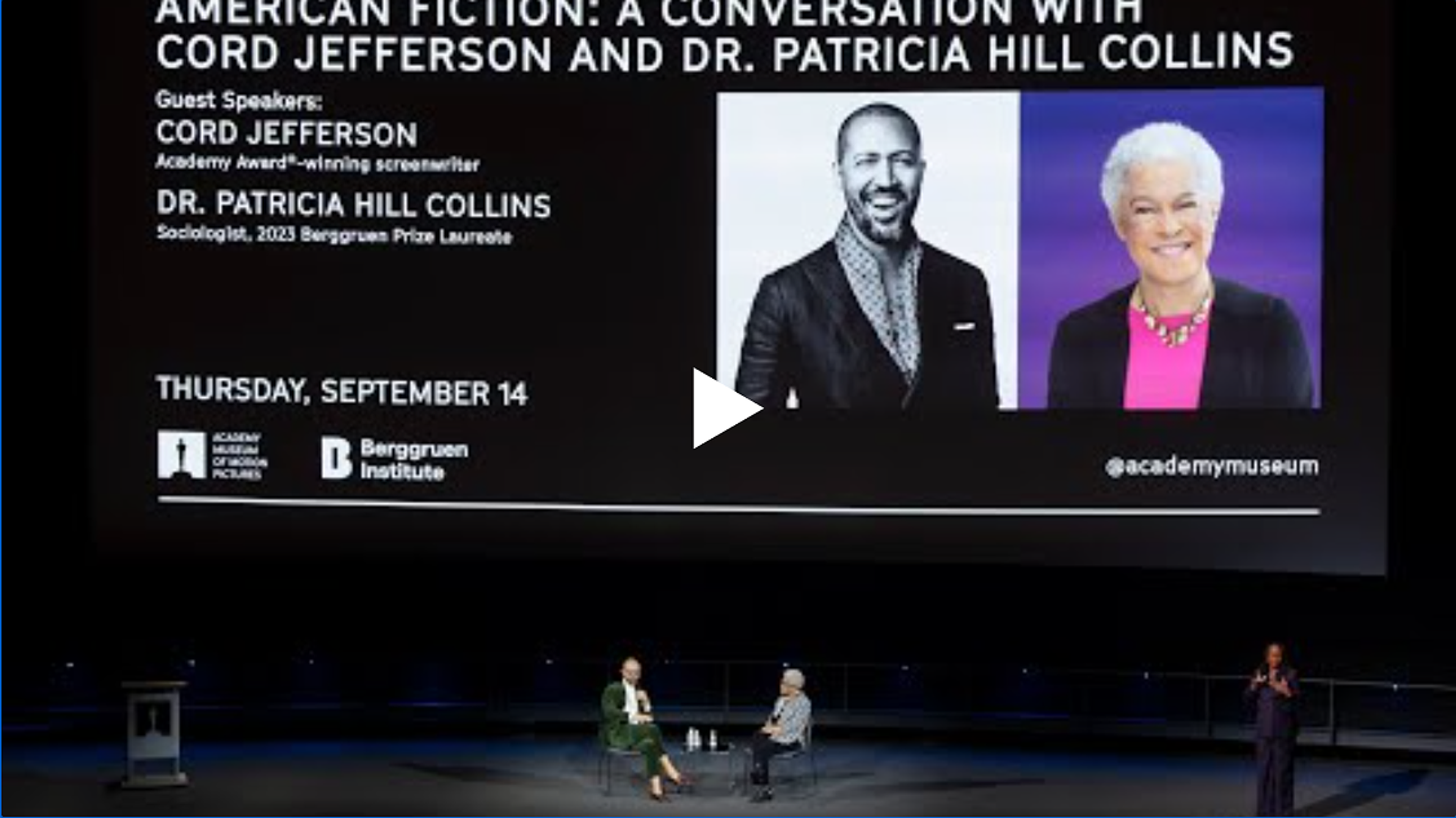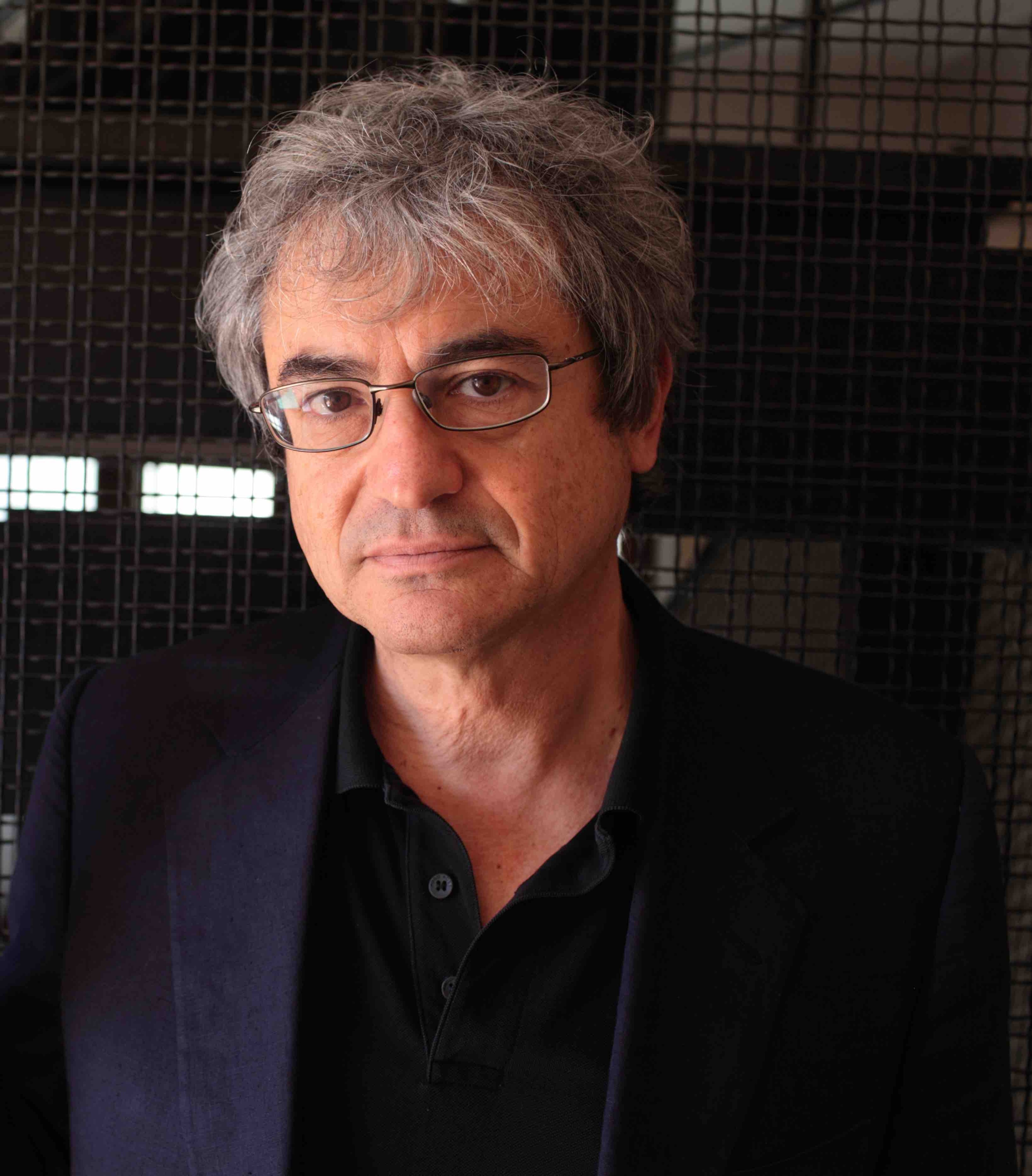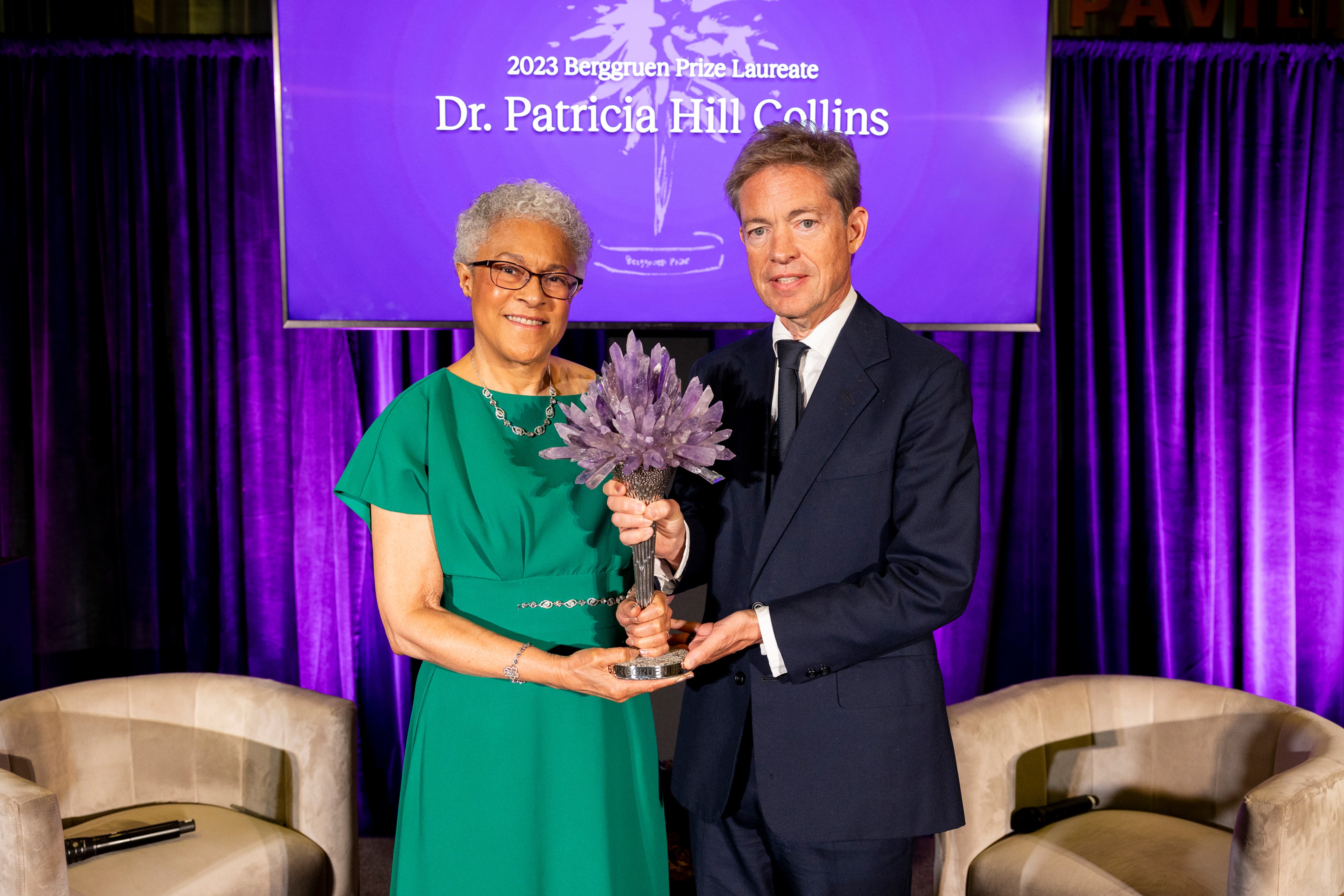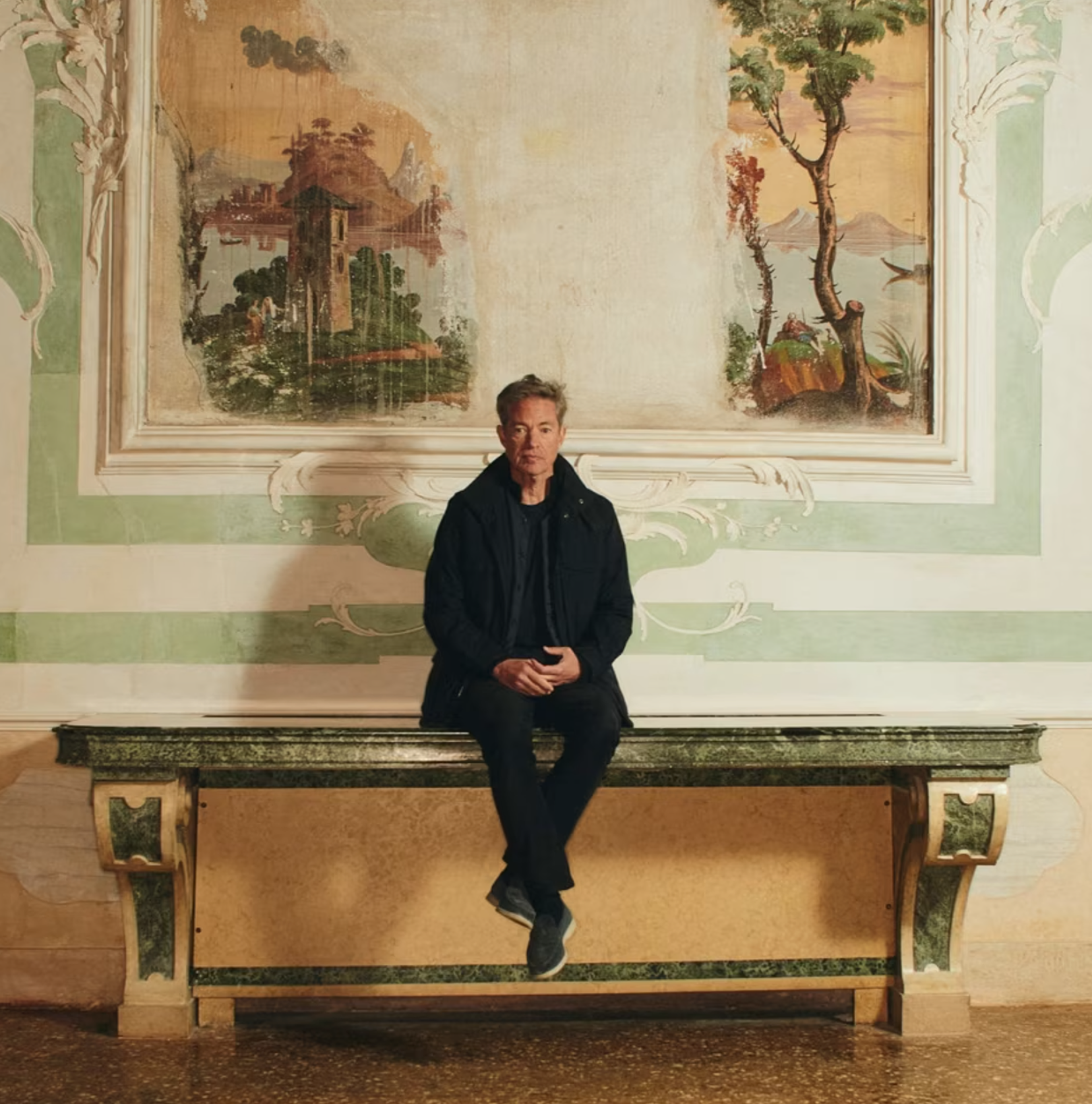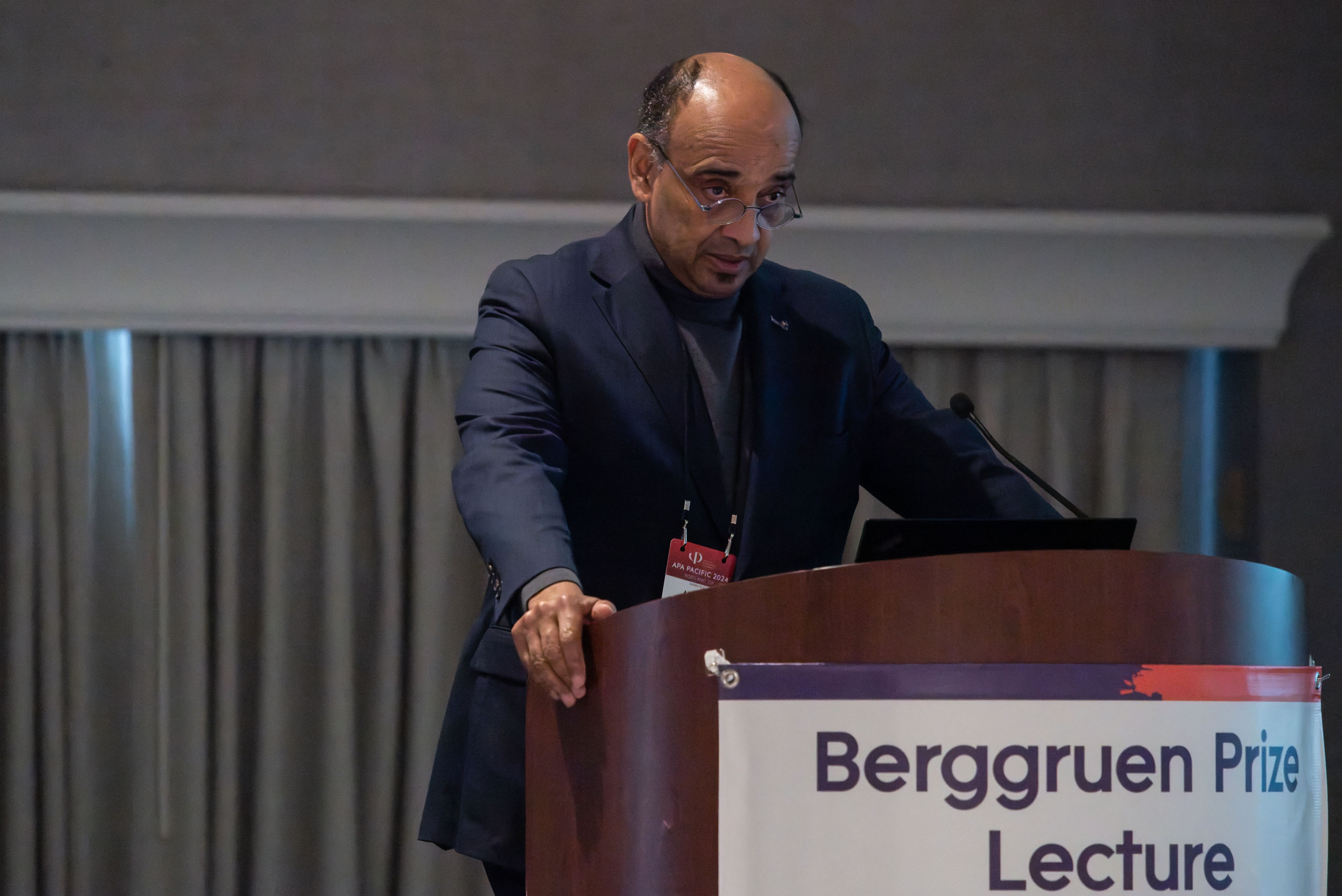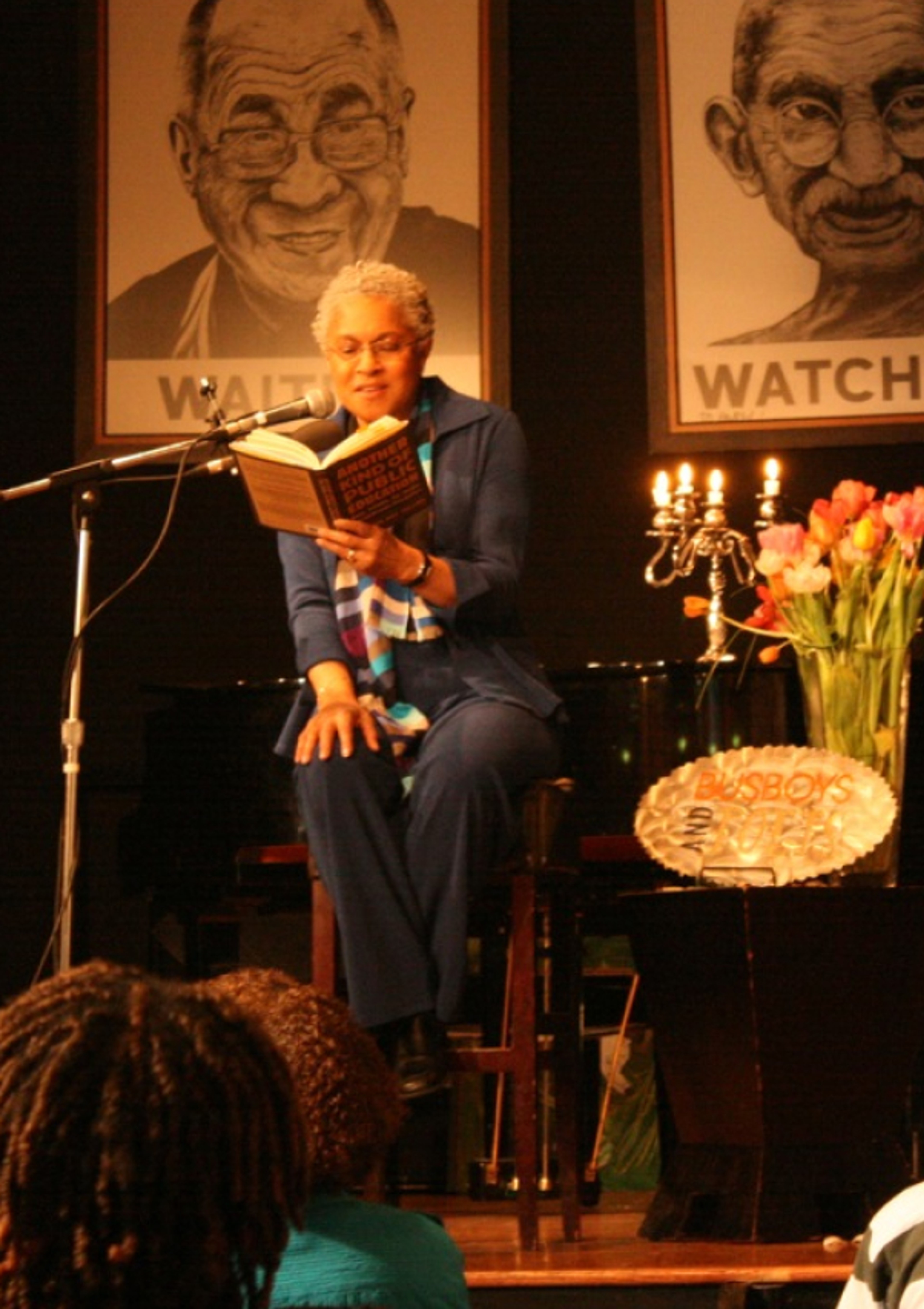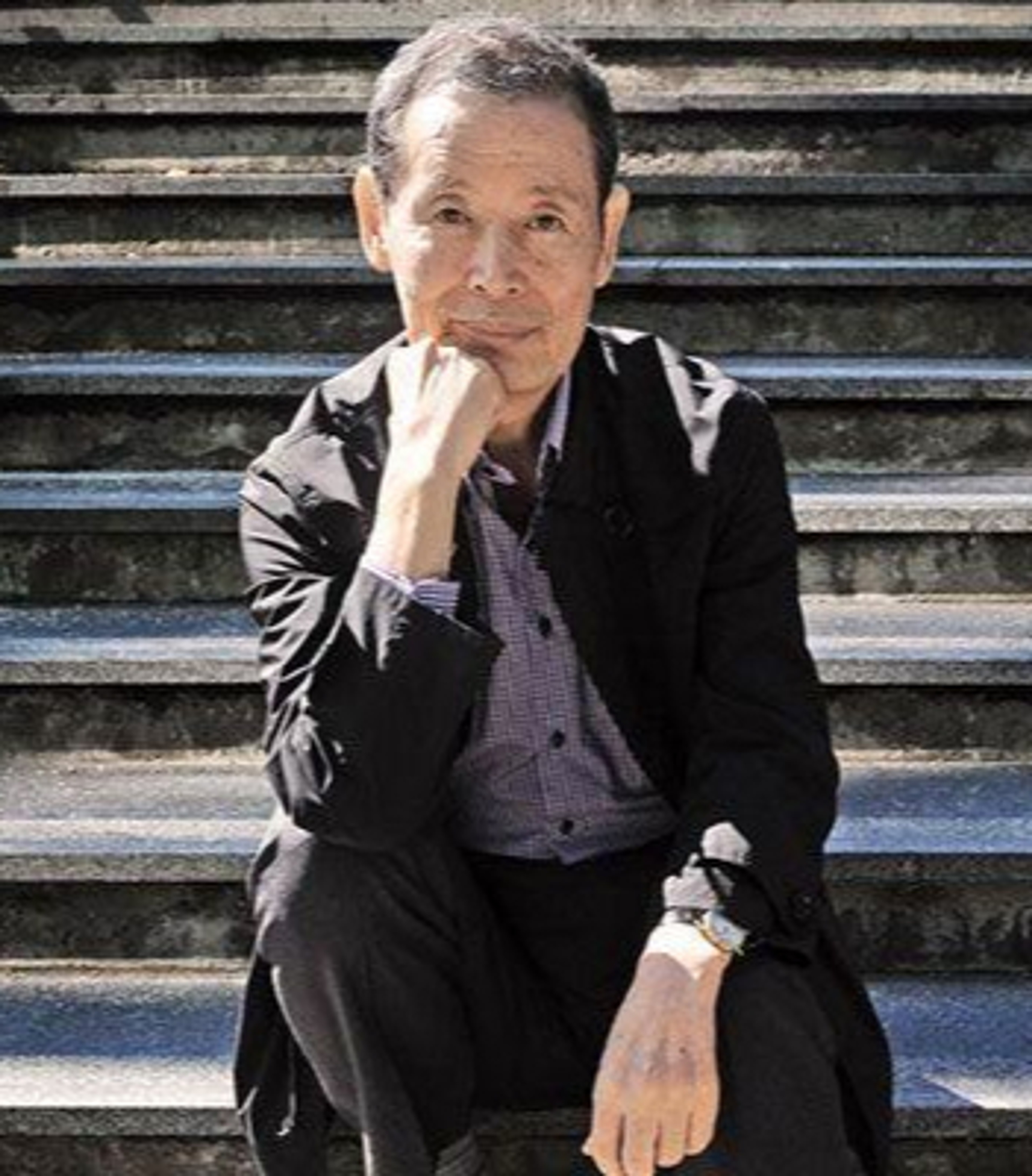Charles Taylor Awarded Inaugural Berggruen Prize in New York City
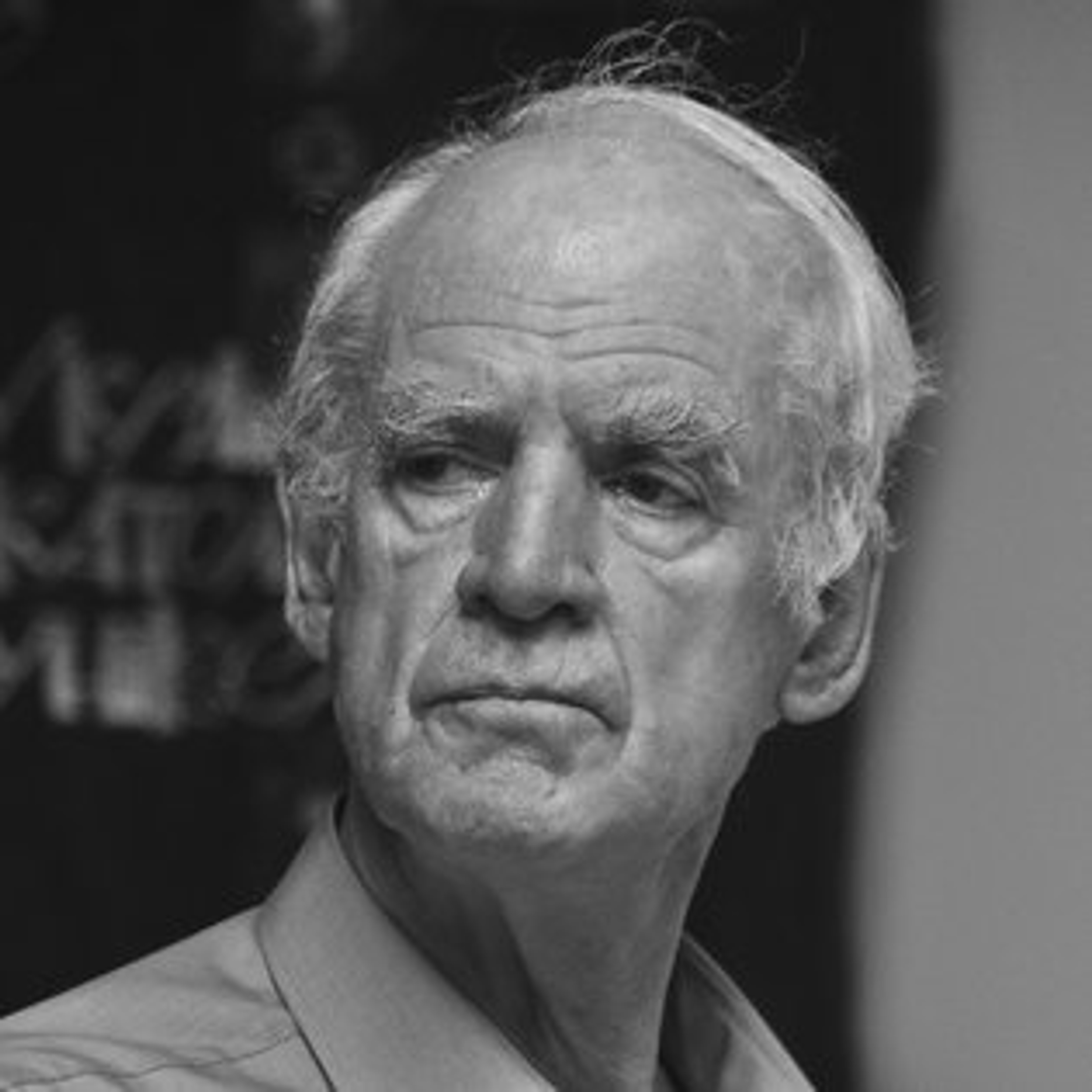
Three hundred intellectuals, artists and cultural leaders gathered at the New York Public Library December 1st to witness the Berggruen Prize being awarded to its inaugural recipient, Canadian philosopher Charles Taylor.
The million dollar Berggruen Prize was announced last year as a core endeavor of the Berggruen Institute. Its purpose is to reward someone who has not only developed profound intellectual work but has also succeeded in informing practical and public life. Taylor has published trailblazing work on themes from secularism to the modern state, moral judgment and the self. He has also been a prominent political leader and helped Quebec articulate both its distinctive identity and its continued role in a unified Canada. He exemplifies the Prize’s emphasis on ideas that shape the world.
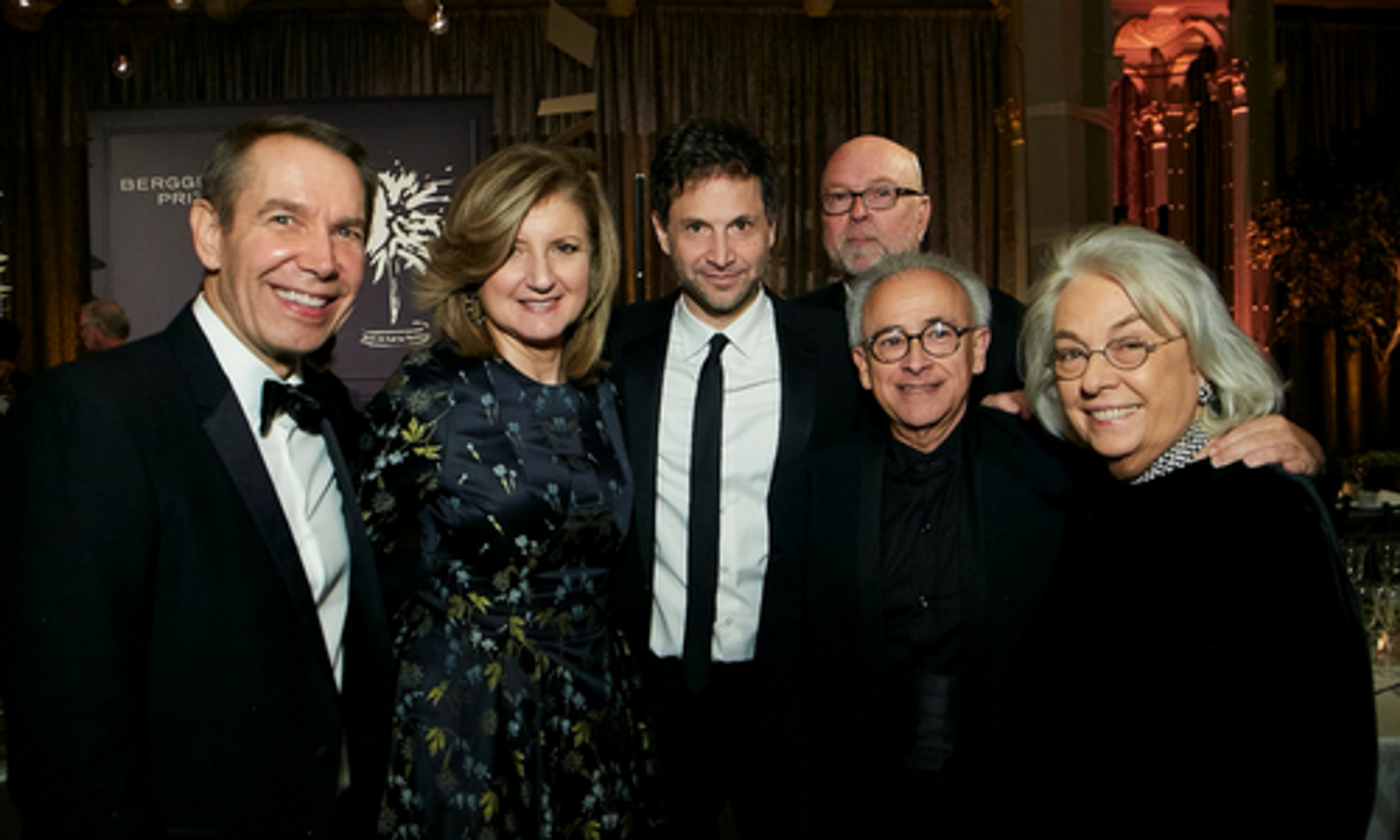
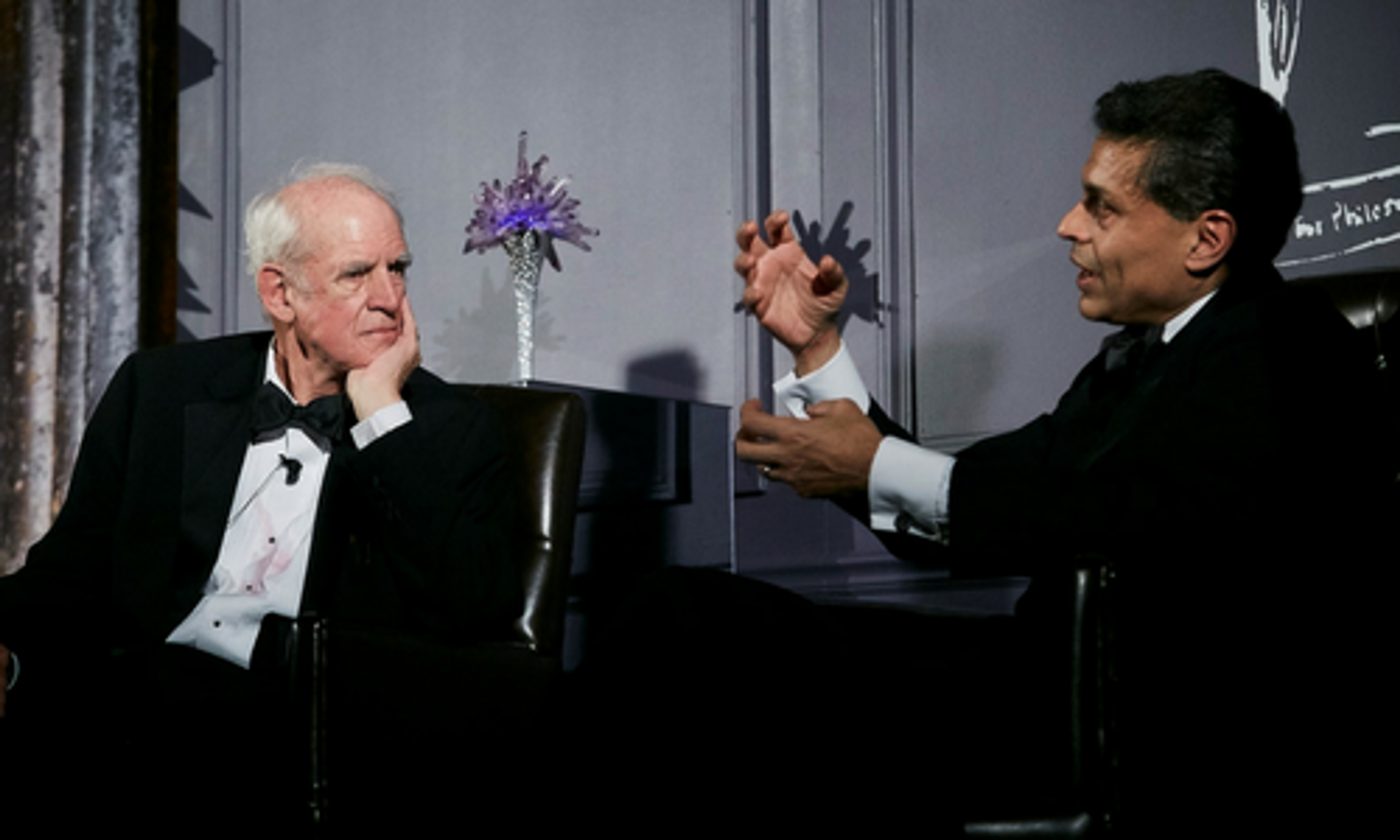
The event was attended by notable academics such as Richard Bernstein, Erik Brynjolfsson, and Antonio Damasio, celebrated directors, such as Bennett Miller and Oliver Stone and titans of the media world including Arianna Huffington, Davan Maharaj of the LA Times, John Micklethwait of Bloomberg and Nathan Gardels of the WorldPost.
The evening included remarks from Amy Gutmann, the President of the University of Pennsylvania, who introduced Nicolas Berggruen, the founder of the prize.
Berggruen emphasized the importance of investing in ideas, particularly in the current moment.
“With constant paradigm shifts, we more than ever need new ideas,” said Berggruen. “Our goal is to bring attention to the fact that philosophy and ideas are important and influence us more than any other human endeavor.”
Fareed Zakaria interviewed Charles Taylor about his work on identity and how it might inform the current political environment in the United States. “I’m wondering whether cosmopolitanism and liberalism is not enough of an identity to stir men’s souls,” asserted Zakaria.
“Certainly not,” stated Taylor, “because cosmopolitanism means you’re not attached to any land, any particular place. Democracies can’t work unless all the members of the society are very strongly attached to our identity, our particular project. So the great trick of keeping this going forward is not cosmopolitanism. It’s constantly recreating the national identity to include other people.”
The capstone of the evening was the presentation of the prize itself, designed by Chinese artist Cai Guo-Qiang, and presented by the chairman of the jury that selected Charles Taylor for the first award, NYU professor of philosophy Anthony Appiah. In the tradition of his homeland, Ghana, Appiah offered a praisesong to the winner.
Anthony Appiah delivers his “praisesong” in honor of Charles Taylor
“We philosophers tend to be smitten too often by the elegant reduction: our miracle is to turn wine into water,” shared Appiah. “Taylor never makes that mistake. His Tolstoyan amplitude restores action to knowledge, society to self; it helps us imagine a politics that takes social identities seriously, as sources of solidarity within but also of connection without.”
Nicolas Berggruen described the significance of the prize at this particular time in history, saying “At this time, honoring great thinking is probably even more important than in normal times. The world of politics – which is challenged all around the world in different ways – may not get its solutions from political ideas or traditional politicians. But it may get its solutions from thinkers. By creating this prize we show that we believe in the world of ideas and that rewarding the world of ideas and great thinkers makes sense.”
To read more about the ideas of Charles Taylor and his wide-ranging influence, we invite you to visit the Berggruen Prize Ideas page and browse through our December 2016 issue of Berggruen Insights.
To view more photos from the event, please visit our album on Facebook or the latest issue of Berggruen Insights.


